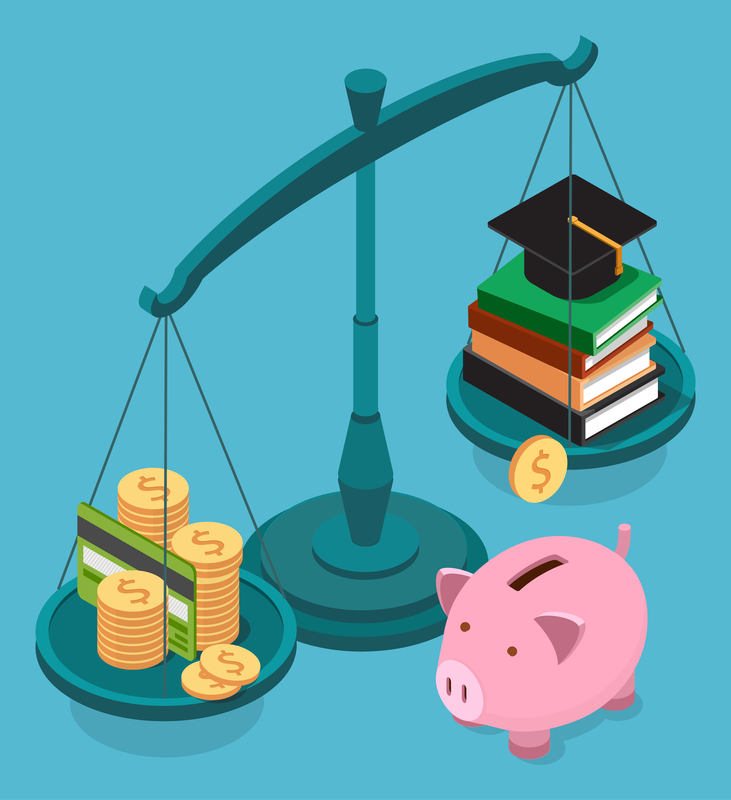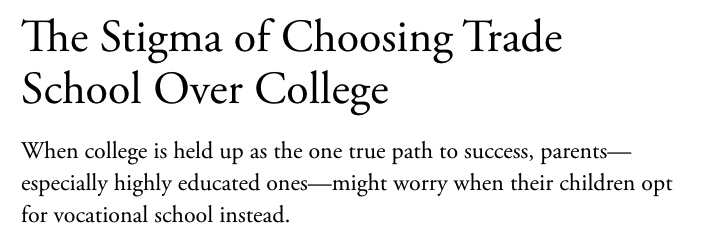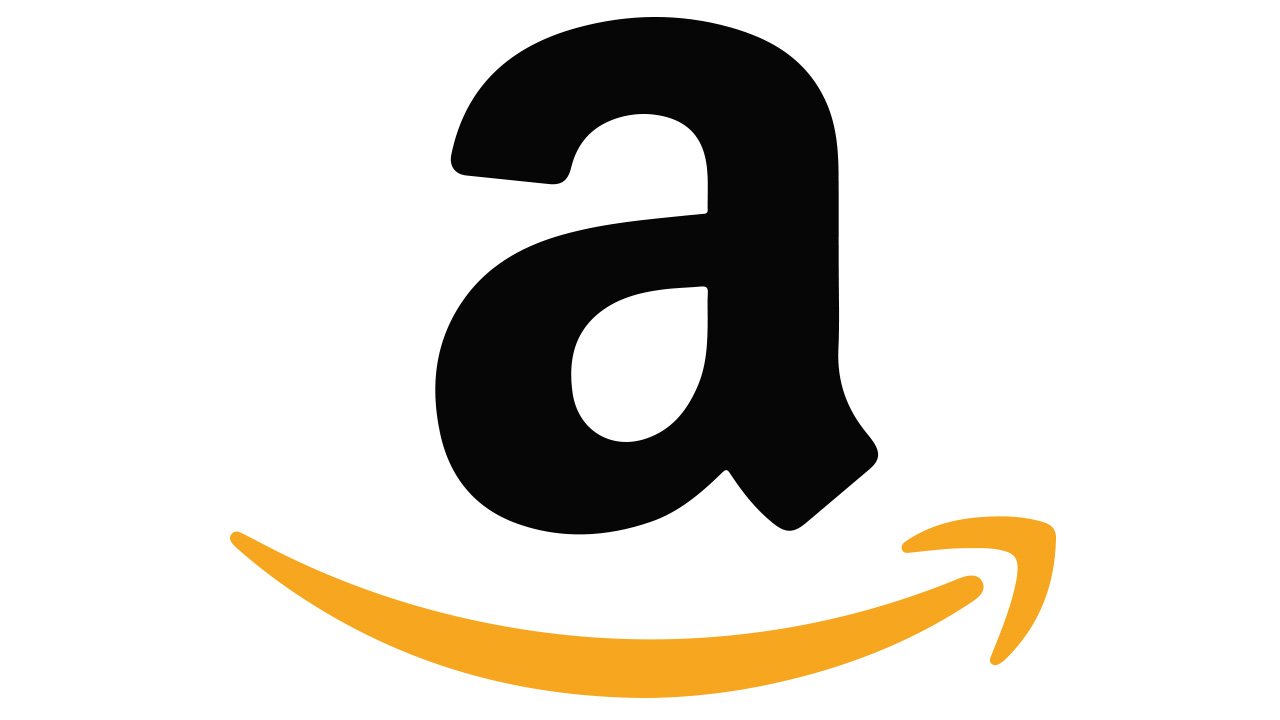Even before Covid, college started looking like a bad deal.

Should you (or your kid) go to college? Maybe not, and if you do the math you'll begin to see why. Tweet

Highlights
Parents used to tell their kids, "You WILL go to college"...
...but now, smart parents tell their kids to consider college along with lots of other options, including a trade school.
Covid has changed a lot of things, including what it takes to get a great job.
Consider this headline from Fortune from June 2021:

Yet as this January 2020 headline from Glassdoor shows, the college-degree requirement for higher level jobs was already fading before the Covid workforce shortage:

But in January 2020, were any of these 15 companies that anyone really cared about?
Let’s take a look at the list:
- EY (formerly accounting giant Ernst & Young)
- Penguin Random House
- Costco
- Whole Foods
- Hilton
- Publix
- Apple
- Starbucks
- Nordstrom
- Home Depot
- IBM
- Bank of America
- Chipotle
- Lowe’s
“So,” you might ask, “If I don’t need a college degree to get a great job with a great company, why should I go to college?”
It’s a question we wish more high schoolers and college-age students would ask themselves, their parents and their guidance counselors.
We’re not knocking college. It’s great for certain professions (doctor, engineer, teacher), and for those who want a career in academia, and for those who value higher education for the sake of learning and enhancing their lives whether it’s related to their occupation or not.
But for the rest of us it’s often a bad deal, as explained in this article and their linked content in The Atlantic in March 2019:

Here’s The Atlantic’s take on why college is a bad deal for so many college students:
College doesn’t make sense is the message that many trade schools and apprenticeship programs are using to entice new students. What specifically doesn’t make sense, they claim, is the amount of debt many young Americans take on to chase those coveted bachelor’s degrees. There is $1.5 trillion in student debt outstanding as of 2018, according to the Federal Reserve. Four in 10 adults under the age of 30 have student-loan debt, according to the Pew Research Center. Master’s and doctorate degrees often lead to even more debt. Earning potential does not always offset the cost of these loans, and only two-thirds of those with degrees think that the debt was worth it for the education they received. Vocational and technical education tends to cost significantly less than a traditional four-year degree.
And, as The Atlantic concludes:
In the United States, college has been painted as the pathway to success for generations, and it can be, for many. Many people who graduate from college make more money than those who do not. But the rigidity of this narrative could lead parents and students alike to be shortsighted as they plan for their future careers. Yes, many college graduates make more money—but less than half of students finish the degrees they start. This number drops as low as 10 percent for students in poverty. The ever sought-after college-acceptance letter isn’t a guarantee of a stable future if students aren’t given the support they need to complete a degree. If students are exposed to the possibility of vocational training early on, that might help remove some of the stigma, and help students and parents alike see a variety of paths to a successful future.





